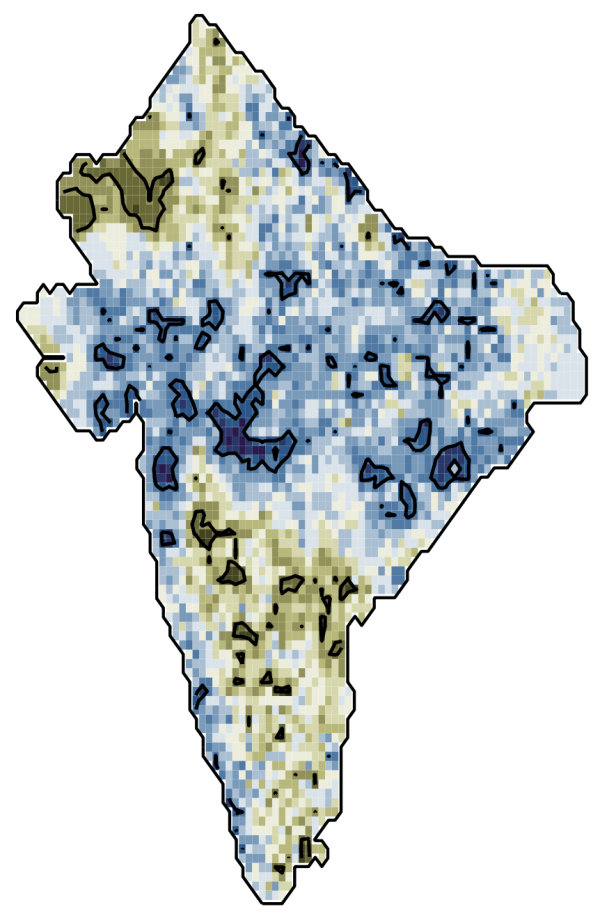Metabolites, Vol. 15, Pages 571: Urinary 1H-NMR Metabolomics Highlights MIIA (Microbiota–Immune–Inflammation Axis) Activation by Organic Mediterranean Diet
Metabolites doi: 10.3390/metabo15090571
Authors:
Laura Di Renzo
Simona Cesaroni
Giulia Frank
Barbara Pala
Daniel Oscar Cicero
Paola Gualtieri
Greta Petrella
Background: While the Mediterranean diet is well-established for its health benefits, the specific influence of organic versus conventional food sources within this pattern remains underexplored at the systemic metabolic level. Objective: This study investigated the metabolic effects of two matched Mediterranean diets, one based on organically produced foods (IMOD) and the other on conventionally produced equivalents (IMNOD), to assess the impact of food production methods on host metabolism and immune-inflammatory balance. Methods: Twelve healthy adults completed a crossover dietary intervention including IMOD and IMNOD phases. Urinary metabolite profiles were assessed via 1H-NMR spectroscopy across 42 compounds. Multivariate and univariate analyses evaluated metabolic responses. Results: Both interventions normalized some out-of-range urinary metabolites. However, IMOD elicited broader and more significant changes, including increased levels of tricarboxylic acid (TCA) intermediates (e.g., isocitrate, trans-aconitate), plant-derived metabolites (e.g., trigonelline), and host–microbiota co-metabolites (e.g., N-phenylacetylglutamine, 1-methylnicotinamide). Simultaneously, fermentation-associated and xenobiotic-linked metabolites such as formate, acetate, and 2-furoylglycine decreased. These shifts collectively represent a beneficial modulation of the Microbiota–Immune–Inflammation Axis (MIIA effect). Conclusions: Organic food consumption within a Mediterranean framework promotes host–microbiota metabolic interplay and enhances immune-supportive biochemical pathways. The findings provide new mechanistic insight into how food production quality contributes to systemic metabolic health and support broader efforts to make organic foods more accessible.
Source link
Laura Di Renzo www.mdpi.com


